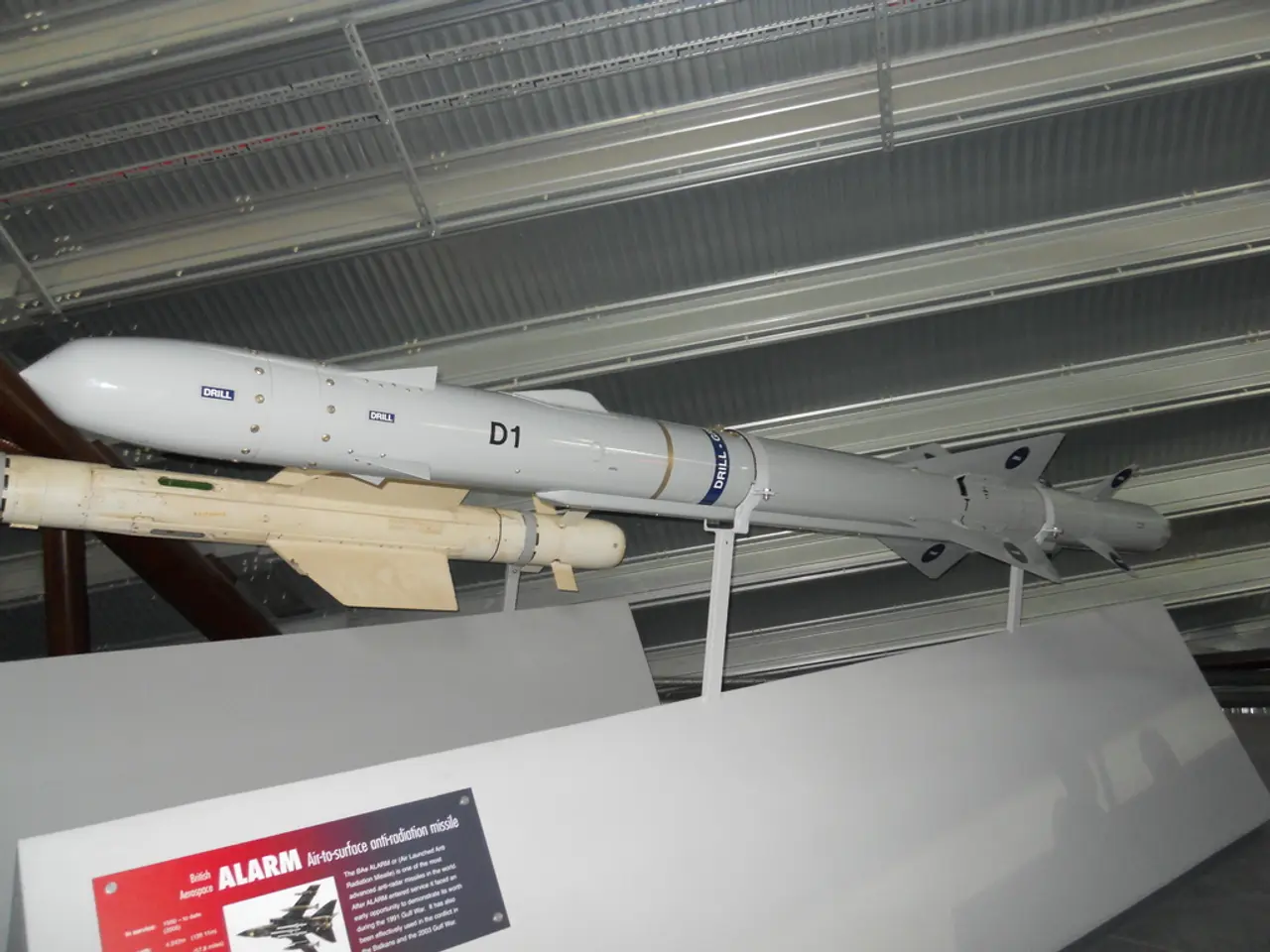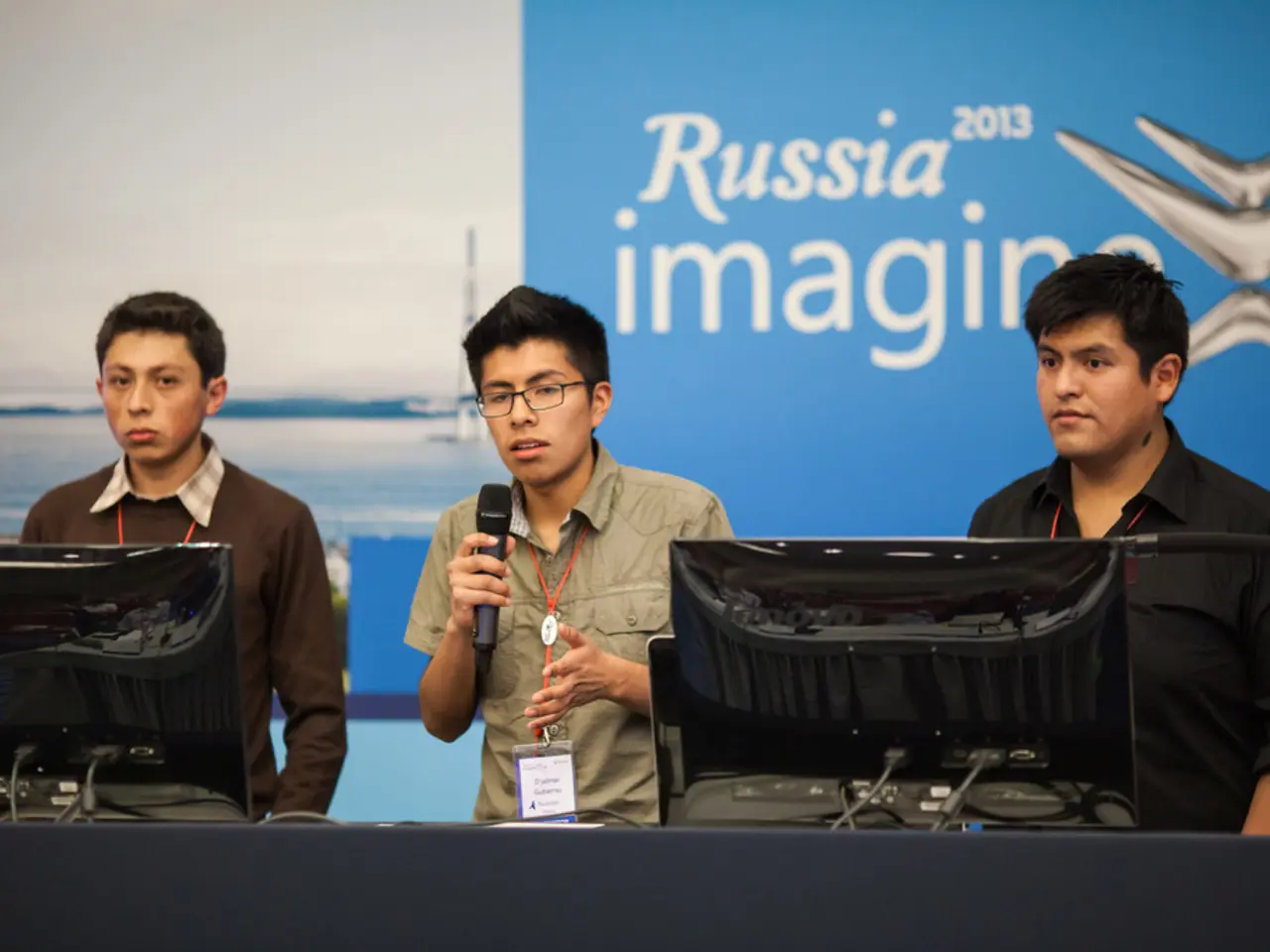Israel allegedly leveraging Druze community for expansion, according to Erdogan's assertions
In the southern Syrian province of Sweida, clashes between Bedouin Arab tribes and Druze armed groups erupted on July 13, leading to a series of events that have further strained the relationships between Turkey, Israel, and Syria. Since the security forces withdrew from Sweida, it is estimated that hundreds of lives have been lost in the ensuing clashes and Israeli attacks.
The current political situation between Turkey and Israel, particularly regarding their involvement in Syria and the Druze minority, is increasingly tense. Despite maintaining a deconfliction mechanism to avoid direct clashes, both countries have strategic interests in Syria that often collide. Turkey supports former Syrian rebels now in power in Damascus and has significant economic investments in the region, while Israel is concerned about the increasing presence of other regional actors and the potential for conflict over territory or influence.
Turkish President Recep Tayyip Erdogan has accused Israel of using the Druze minority in Syria as a pretext to expand its territorial control in the region. This accusation reflects Turkey's concerns about Israel's actions and their potential impact on regional stability. The alliance between Turkey and Qatar, which hosts Hamas officials and has significant influence in the region, is seen as a strategic threat by Israel.
The situation in Sweida remains volatile, with a ceasefire being reached but quickly broken. Attacks by Druze groups on Syrian security forces deployed to the area resulted in the loss of dozens of soldiers' lives. Meanwhile, Israel's attacks on Syrian security forces, including the Syrian presidential compound, the General Staff Headquarters, and the Defense Ministry, have been met with disapproval by Erdogan, who reiterated Ankara's continued support to the people of Syria.
Erdogan described Israel as a lawless, unruly, unprincipled, spoiled, pampered, and greedy terrorist state. He stated that the biggest problem in the region is Israel's aggression and that a stable Syria will generate stability for all neighboring countries. In a telephone conversation on July 17, Erdogan spoke with Syria's interim President Ahmed al-Sharaa, expressing his disapproval of Israel's attacks and their threat to regional stability, and reiterating Ankara's continued support to the protection of Syria's territorial integrity and political unity.
Despite the potential for escalation due to their competing strategic goals, both Turkey and Israel are keen to avoid direct conflict. An agreement had been reached to restore calm in the area, according to the United States, a close ally of Israel. Erdogan claimed that through peace efforts and diplomatic engagements, Turkey stands on the side of peace. He also emphasized that Turkey's policy is to preserve the territorial integrity, national unity, unitary structure, and multicultural identity of Syria.
The leaders of Turkey and Syria discussed the latest situation in Syria and the Israeli military intervention into the country in support of the Druze community. Erdogan expressed his belief that a stable Syria will bring peace and stability to the region, and he reiterated his commitment to a peaceful resolution of the ongoing conflicts in Syria. As the situation in Syria continues to evolve, it remains to be seen how these complex geopolitical dynamics will play out.
The ongoing war-and-conflicts in Syria, particularly in the province of Sweida, have escalated the politics between Turkey and Israel, as both countries have strategic interests that often clash. Turkey's President Recep Tayyip Erdogan has criticized Israel's involvement in Syria and its alleged expansion of territorial control, which may reflect general news about the growing tension between the two countries.






